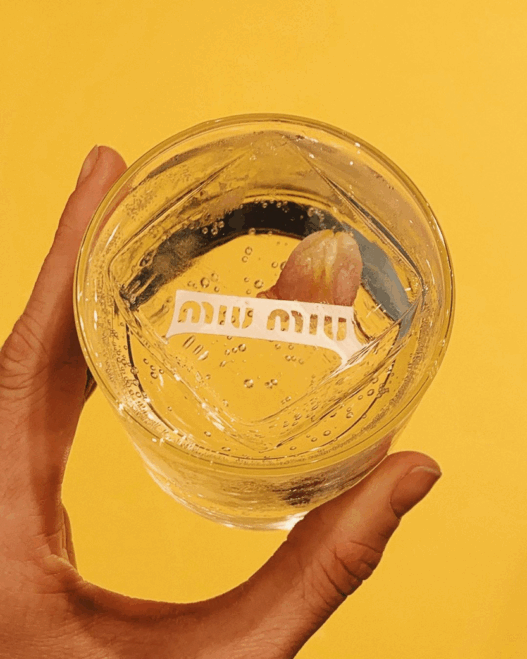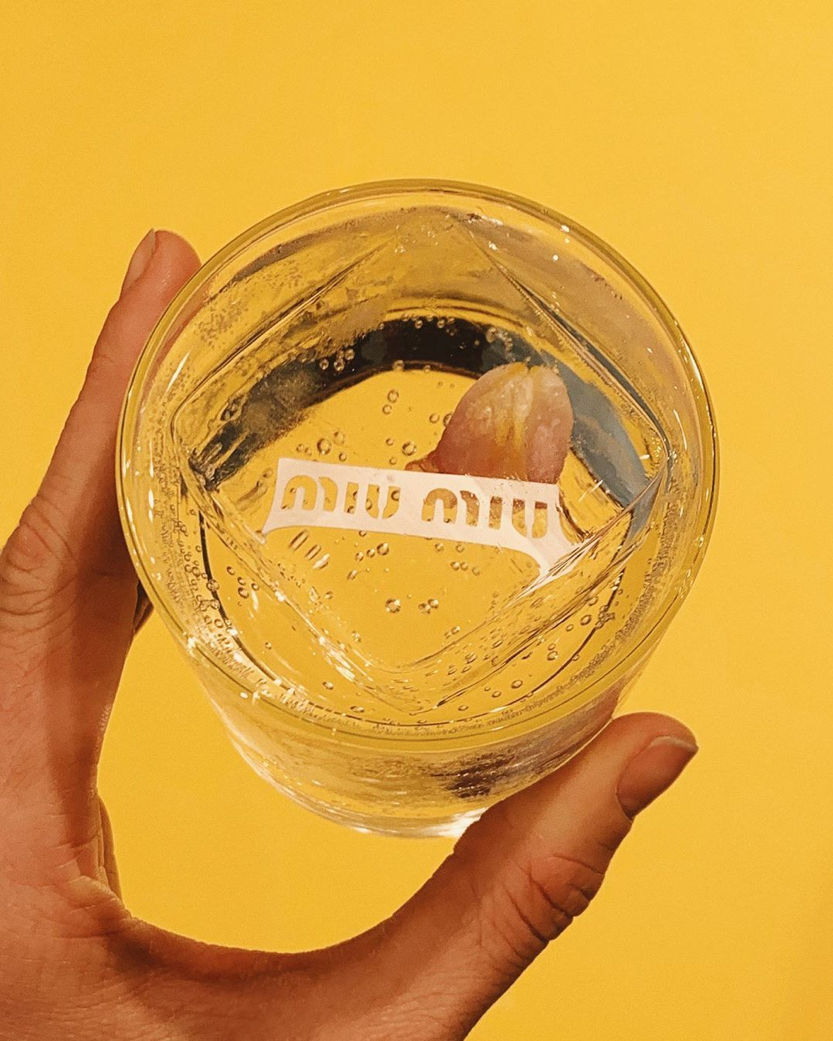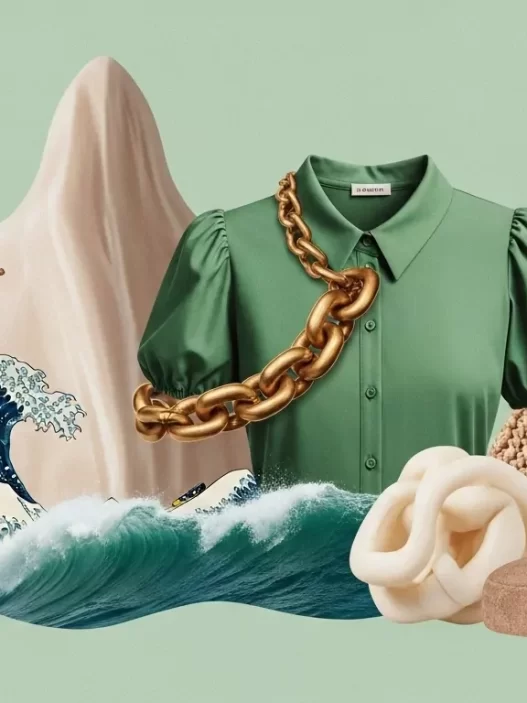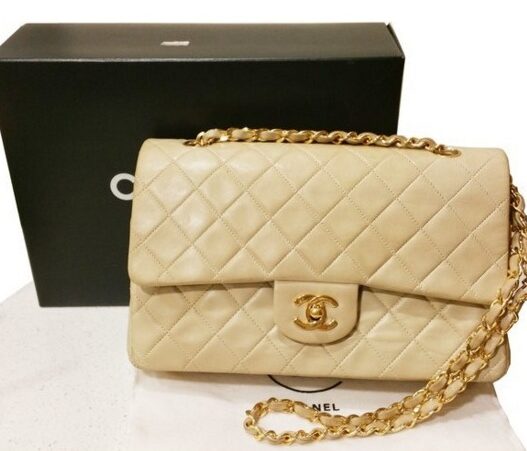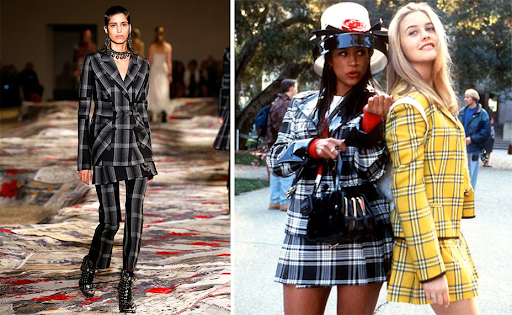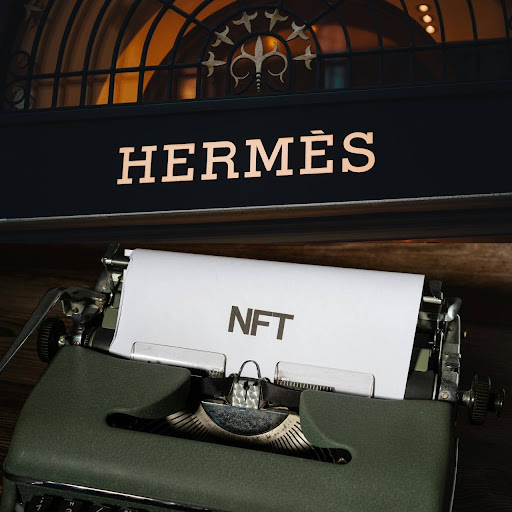It started like any other perfume launch. A press box. A few creator packages. A little buzz. Except this time, Miu Miu didn’t just send a perfume. They sent a microphone.
A soft mini mic. Small enough to fit in your palm. Pretty enough to film with. Branded with the Miu Miu logo in that familiar script everyone recognizes from their handbags.
And that’s when the internet lost it. Influencers unboxed the mic, squealed, plugged it in, and instantly started recording “Get Ready With Me” videos, ASMR perfume reviews, and random chats. The mic wasn’t just part of the PR kit; it became the content.
SociaPA News called it “the smartest PR gift of 2025.” And honestly, they’re right. (SociaPA News, 2025) A PR Idea That Turned Into a Legal Masterclass
On the surface, it’s cute. But legally? Genius. The microphone isn’t just a gadget. It’s a walking, talking trademark. Every time a creator records with it, the logo appears. Every view, every clip, every repost reinforces brand recognition. That’s trademark use in the wild. Organic. Continuous. Miu Miu basically turned every influencer into a moving billboard, without them even realizing it.
Trademark law is built on “use in commerce.” Every appearance of that mic in content counts as use. The more visibility, the stronger the mark. And since it’s tied to a product launch, the brand is literally merging marketing with legal protection.
Influencer Agreements, but Smarter
Now, from a fashion-law lens, here’s where things get interesting. Sending someone a branded tool, such as a microphone, crosses from casual gifting into a kind of soft contractual territory. There’s an implied understanding: you’ll use it, tag it, maybe mention it. Even if no written contract exists, influencer-marketing laws, such as FTC or ASA guidelines, view this as a gift with promotional intent.
So, Miu Miu’s legal team probably drafted a light influencer agreement, or at least sent usage guidelines. Things like:
- disclose the gift,
- tag the brand,
- don’t misuse the logo,
- keep the branding visible.
If not, they’re trusting creators a lot because the mic will appear in all sorts of content beyond perfume. Maybe a cooking video, a random rant, or a makeup haul. That’s great exposure, but also risky.
If an influencer says something controversial with the branded microphone in frame, the brand is indirectly associated with that message. That’s why these new-age gifting campaigns require clearer IP and moral-rights clauses in agreements.
The more personal the tool, the blurrier the boundary gets.
The Trademark Trick You Probably Missed
This is where Miu Miu really played the long game. Trademarks aren’t just about names or logos. They’re about association. You see a blue box, you think Tiffany. You see a pink or white mic, maybe you think Miu Miu. That’s trade dress potential. If the design of this mic becomes iconic enough due to its colour, finish, and shape, Miu Miu could even try to protect that as part of its visual identity.
This is how lifestyle accessories evolve from marketing props to IP assets. Fashion brands have done this for decades. Chanel has its No. 5 bottle silhouette. Christian Louboutin has the red sole. And now, Miu Miu has a mic that might become its own symbol of digital femininity. The voice of the influencer era, literally.
Why It Works (and Why Everyone’s Talking About It)
The brilliance lies in utility. Most PR gifts die after the first story post. Perfume boxes collect dust. But a mic? It stays. It works. It becomes part of the creator’s everyday setup. And every time it’s used, the logo flashes again. Free impressions. Endless recall. In a way, Miu Miu handed creators a voice and kept a piece of it for themselves. That’s what this campaign symbolizes- collaboration disguised as convenience.
It’s also a legal experiment in how tools can carry trademarks into unregulated spaces such as user-generated content. Traditional trademark enforcement doesn’t cover every TikTok clip, but this kind of branding ensures you don’t need to enforce; you just exist everywhere. That’s long-term brand equity disguised as a cute mic.
Beyond Fashion: The Future of PR Gifting
If this campaign proves anything, it’s that we’re done with pretty boxes. Brands are realizing that function builds stronger emotional bonds than freebies. You can’t just send perfume anymore; you have to send something that creates a connection with the user.
And that’s where influencer law and fashion law intersect. Because the more integrated these gifts become in a creator’s workflow, the more the legal implications grow: who owns the content, what happens to the gift, and how is the brand portrayed?
For Miu Miu, the strategy worked flawlessly because it balanced emotion, design, and legality. The mic isn’t about selling perfume. It’s about embedding the brand in the way people communicate.
Final Word
Miu Miu didn’t just drop a perfume. They dropped the mic. Quite literally. And a legal blueprint for future PR. It’s elegant, risky, and wildly effective; a mix of branding brilliance and legal foresight. And for anyone in fashion law, it’s a reminder: sometimes, protecting your brand doesn’t start in the courtroom. It begins in a box.








